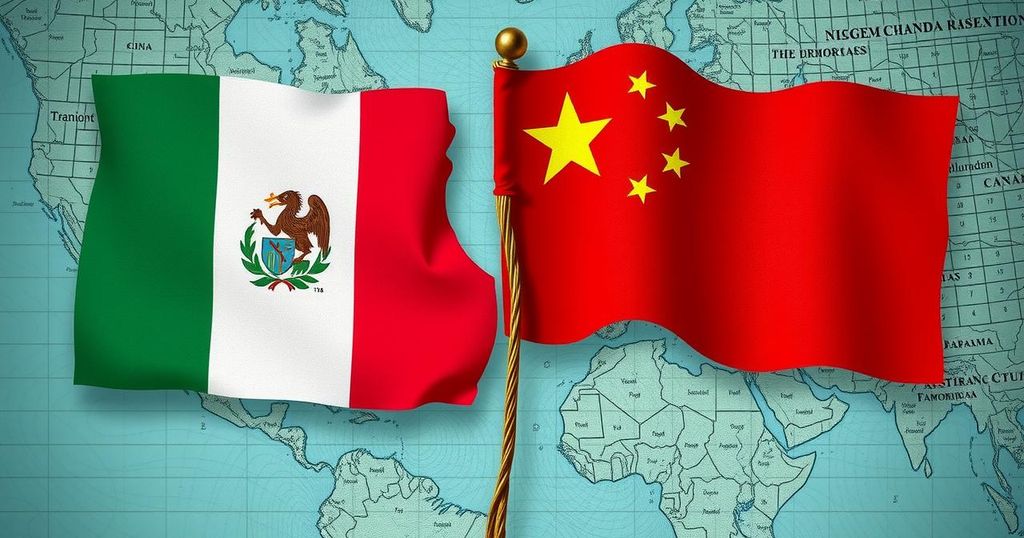The Sea Empowerment Research Centre warns that the currency swap deal between Nigeria and China may undermine Nigeria’s participation in the Africa Continental Free Trade Area (AfCFTA) by increasing reliance on the Chinese Yuan, limiting trade with other African nations, and intensifying competition for local businesses.
The Sea Empowerment Research Centre has expressed concerns regarding the implications of the recent currency swap agreement between Nigeria and China for the country’s participation in the Africa Continental Free Trade Area (AfCFTA). The deal, valued at 15 billion yuan (approximately $2 billion), aims to strengthen trade relations and facilitate currency transactions. However, these changes may lead to increased reliance on the Chinese Yuan, thereby hindering Nigeria’s ability to engage fully in the AfCFTA framework.
Eugene Nweke, head of the Centre, indicated that while the intention of the AfCFTA is to promote intra-African trade and reduce dependence on foreign currencies, this currency swap could inadvertently detract from those objectives. He emphasized that the arrangement might prioritize bilateral trade between Nigeria and China and limit trade opportunities with other African nations.
Consequently, Nweke warned that the increased influx of Chinese goods into Nigeria could impose considerable competition on local businesses, undermining their sustainability and the AfCFTA’s aim to support African industries. Moreover, the deal does not address existing tariff and non-tariff barriers among African countries, further complicating Nigeria’s trade position within the AfCFTA.
Nweke also highlighted the potential adverse effects on Nigeria’s foreign exchange reserves due to the trade imbalance, as Nigeria imports significantly more from China than it exports. He noted that this could lead to pressures on the external reserves and expressed concerns regarding possible currency fluctuations that may arise from the swap, which could affect the competitiveness of Nigerian exports in the Chinese market. He acknowledged, however, that the agreement could enhance trade and investment overall, given that Nigeria’s trade with China constitutes almost 30 percent of its total trade.
The Africa Continental Free Trade Area (AfCFTA) is an initiative aimed at enhancing intra-African trade by reducing tariffs and addressing other barriers to trade among African nations. The agreement seeks to promote economic integration across Africa and diminish reliance on external currencies. The recent currency swap deal between Nigeria and China, which allows bilateral trade in Yuan and Naira, raises concerns among analysts regarding its potential to distract from these goals, given Nigeria’s significant trade relationship with China.
In conclusion, while the renewed currency swap agreement between Nigeria and China holds potential for enhanced trade and investment, it raises critical concerns about Nigeria’s commitment to the objectives of the AfCFTA. The focus on bilateral trade could undermine African economic integration, increase Nigeria’s dependence on the Yuan, and complicate trade dynamics with other African nations. Policymakers must carefully consider these implications to ensure that Nigeria’s trade initiatives align with continental aspirations for solidarity and economic collaboration.
Original Source: punchng.com






